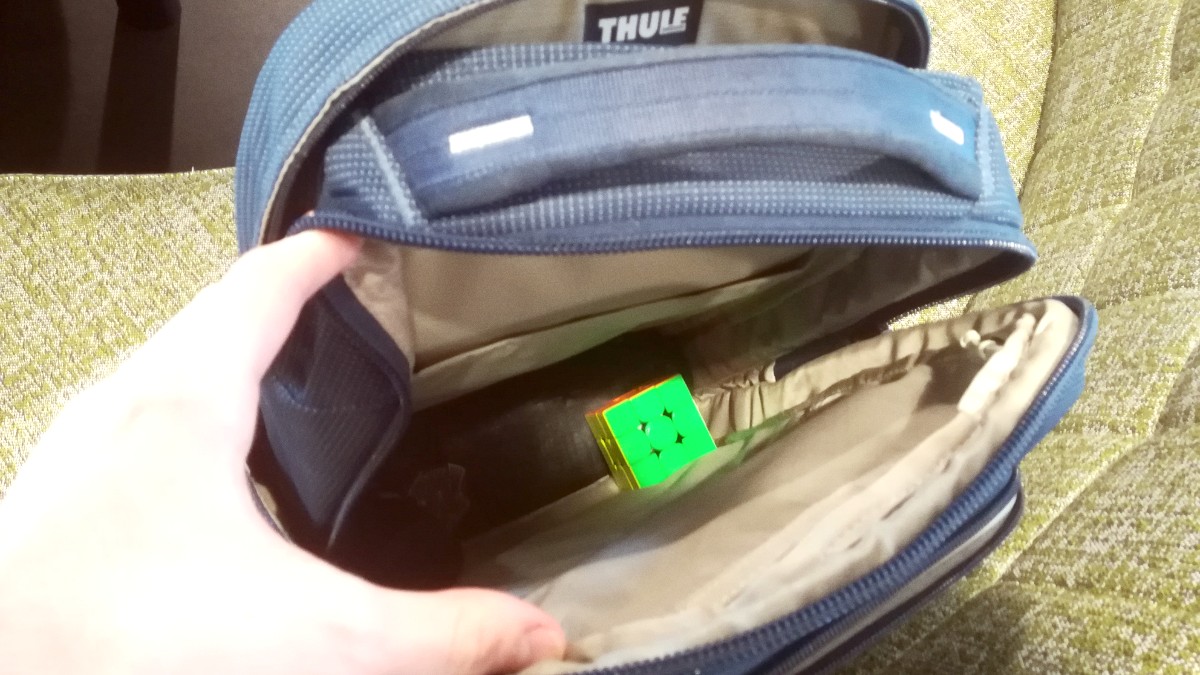
Greenland
These often feature basic, clean rooms, sometimes with shared bathroom facilities or common areas. They focus on practicality and warmth.
Rarely, through specialized local connections or cultural immersion tours, local families may offer a room. This is not a common booking option for independent visitors.
Short-term rentals, common elsewhere, are virtually non-existent for general tourist booking in Qaanaaq. Housing mainly serves permanent residents or long-term workers.
Specialized tour operators may arrange cultural immersion experiences, connecting visitors with local families to experience traditions. These are not independent booking choices.
Wild camping holds technical possibility in the wilderness but involves extreme risk. Without an experienced local guide, it remains strongly discouraged. This is polar bear country, and weather patterns are highly unpredictable.
Organized expeditions with camping rely on specialized, durable equipment and strict safety protocols under expert guides. This is not a common option for independent visitors.
During winter expeditions, temporary shelters or snow houses may serve as basic overnight options, always under expert supervision.
Very rarely, remote hunting cabins or research stations may exist, but they do not serve as general tourist accommodation.
Qaanaaq is a small, walkable settlement, lacking distinct 'neighborhoods' like larger cities. The entire town operates as one integrated community.
Qaanaaq itself maintains a very safe environment with low crime rates. Major safety concerns stem from environmental factors (extreme weather, potential polar bear presence when outside settlement boundaries without a guide).
The compact layout simplifies movement through the town and remains straightforward for visitors.
Securing accommodation far in advance is a condition, irrespective of the season. Available rooms remain extremely limited, and capacity fills quickly. Last-minute bookings remain highly unlikely, especially during peak summer or popular winter periods for aurora viewing.
Arctic weather patterns often lead to flight delays or cancellations, necessitating flexible travel dates.
Maintain open communication with your tour operator or guesthouse for updates on local conditions.
Prepare for potential unexpected extended stays due to unforeseen circumstances.
While formal luxury lodging is absent, the Thule region presents alternative stays that deepen your immersion in the Arctic environment.
In very specific, pre-arranged scenarios, a local family might open their home to visitors. This presents a rare cultural exchange.
If participating in a multi-day wilderness expedition, overnight stays might involve specialized Arctic tents or remote cabins.
Beyond the main tourist guesthouse, some facilities mainly serve government or research personnel, occasionally available for booking if space allows.
Very specialized tours might visit a field station, offering a glimpse into Arctic research, though not typically a lodging option.
The main guesthouse often serves as a central meeting point for visitors and a source of local information.
Accommodation prioritizes warmth and basic comfort over elaborate features, reflecting the remote setting.
Limited internet access may be available, often at an additional cost, for basic communication.
The guesthouse typically features a dining area where meals are served, often the main formal option.
The true cultural essence of your stay stems from the unique experience of life within this remote Arctic community and engagement with its people, rather than the architecture of your lodging.
The Qaanaaq Museum, Knud Rasmussen's former residence, holds historical significance, presenting insights into the region's past.
Your choice of lodging reflects the ingenuity required to sustain human presence in one of Earth's most challenging environments.
The region's unique geography and history intertwine with broader narratives of exploration and Cold War geopolitics.
Accommodation costs maintain a consistently high level due to the extreme remoteness and logistics of importing goods and services.
The value from lodging comes from access to this unique destination and the cultural experience, rather than typical luxury amenities.
Accommodation for general tourists for long stays (e.g., several weeks or months) does not typically feature availability.
Long-term stays typically necessitate specific arrangements and serve researchers, contractors, or individuals with established family connections in the community.
Most extended visits to Qaanaaq carry a specific purpose, like scientific research or local employment.